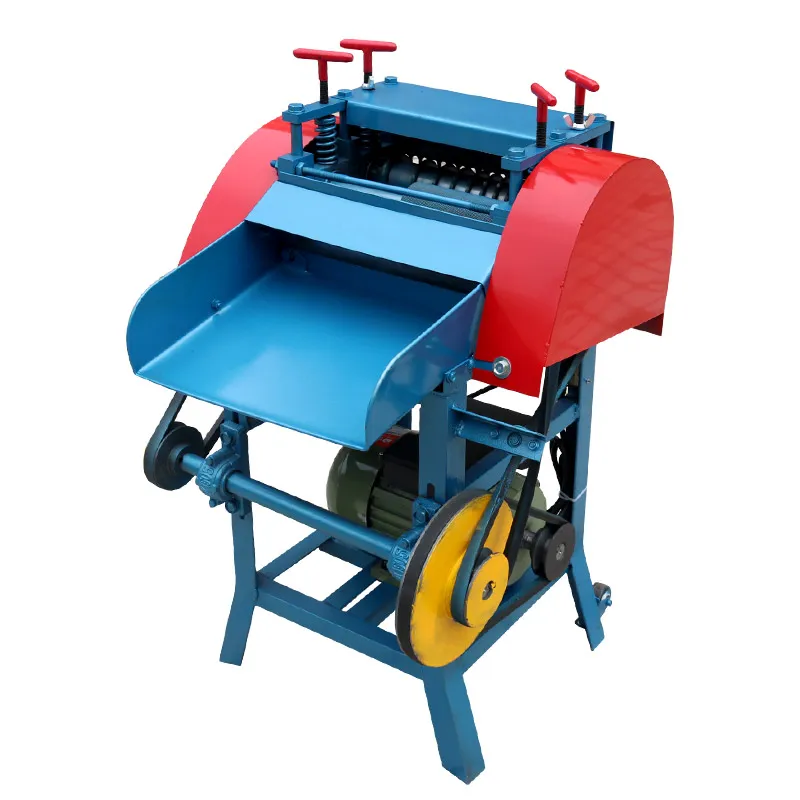

ಜನ . 02, 2025 07:07 Back to list
How to Properly Dispose of Printed Circuit Boards (PCBs)
Printed Circuit Boards (PCBs) are a fundamental component in modern electronics, serving as the backbone for a wide array of devices from smartphones to industrial machinery. However, as technology advances and electronics become obsolete, the disposal of these PCBs poses significant environmental and health challenges. Improper disposal can lead to harmful substances leaking into the ecosystem, making it critical to adopt responsible disposal methods.
Understanding the Environmental Impact
PCBs often contain hazardous materials like lead, cadmium, mercury, and brominated flame retardants. When disposed of improperly, such as in landfills, these toxic materials risk leaching into soil and groundwater, potentially contaminating local ecosystems and harming wildlife. Moreover, the incineration of PCBs can release toxic fumes into the air, further endangering public health. Therefore, understanding the importance of proper disposal methods is crucial for environmental protection.
Steps for Responsible PCB Disposal
1. Know the Regulations Before disposing of PCBs, familiarize yourself with local and national regulations regarding electronic waste. Many regions have specific laws governing the disposal and recycling of hazardous waste, including PCBs. Ensuring compliance with these regulations protects both the environment and your legal standing.
2. Identify the PCB Source Determine whether the PCBs you need to dispose of are from consumer electronics, industrial machinery, or other applications. This can affect the disposal method and requirements. For instance, commercial electronics may have different disposal protocols compared to consumer devices.
3. Recycling Options One of the most environmentally friendly ways to dispose of PCBs is through recycling. Many companies specialize in electronics recycling and can safely dismantle and recycle PCBs while recovering valuable materials such as gold, silver, and copper. Look for certified e-waste recyclers who comply with environmental standards. Always verify that the recycler follows ethical practices and ensures materials are processed responsibly.

4. Collection Events and Programs Many municipalities hold electronic waste collection events or have drop-off locations for e-waste. These programs are designed to safely collect and recycle various electronic devices, including those containing PCBs. Check with your local waste management authority for upcoming events or established programs in your area.
5. Manufacturer Take-Back Programs Some manufacturers offer take-back programs where they accept old devices for recycling or proper disposal. Contact the manufacturer of your electronic device to see if they participate in such a program and if certain conditions apply.
6. Professional Disposal Services For businesses or individuals dealing with a large amount of electronic waste, hiring a professional disposal service specializing in hazardous waste management may be the best option. These companies are equipped to handle PCBs safely and ensure compliance with all relevant regulations.
Preparing PCBs for Disposal
When preparing PCBs for disposal, handle them carefully to avoid damaging the components. Place them in sturdy containers to prevent breakage during transportation. If possible, remove any batteries or other hazardous components before disposing of the main board. This not only makes the recycling process easier but also minimizes the risk of leaks from hazardous materials.
Conclusion
Proper disposal of Printed Circuit Boards is not just a responsibility; it's imperative for protecting our environment and public health. By understanding the legal landscape, utilizing recycling options, and participating in community disposal programs, individuals and businesses can contribute to a more sustainable future. In the face of growing electronic waste, it is vital to navigate PCB disposal with awareness and care, ensuring that we are not only discarding outdated technology but doing so in a way that honors our commitment to the planet. As an informed consumer or business owner, your proactive approach can make a significant difference in mitigating the environmental impact of electronic waste.
Latest news
The Future of Metal Recycling: Revolutionizing Waste Management
NewsMay.14,2025
Optimizing Waste with Recycling Lines
NewsMay.14,2025
Municipal Solid Waste Sorting Line: Revolutionizing Waste Management
NewsMay.14,2025
Metal Shredders: Essential Tools for Efficient Recycling
NewsMay.14,2025
Maximize Your Profits with a Copper Wire Granulator
NewsMay.14,2025
Home Metal Shredder: A Smart Choice for Your Home Recycling Needs
NewsMay.14,2025